How to deal with a dog who loses its cool when another dog comes near
How can I stop my usually placid dog getting grumpy with certain dogs? Award-winning trainer Ben Randall advises on how to avoid conflict.
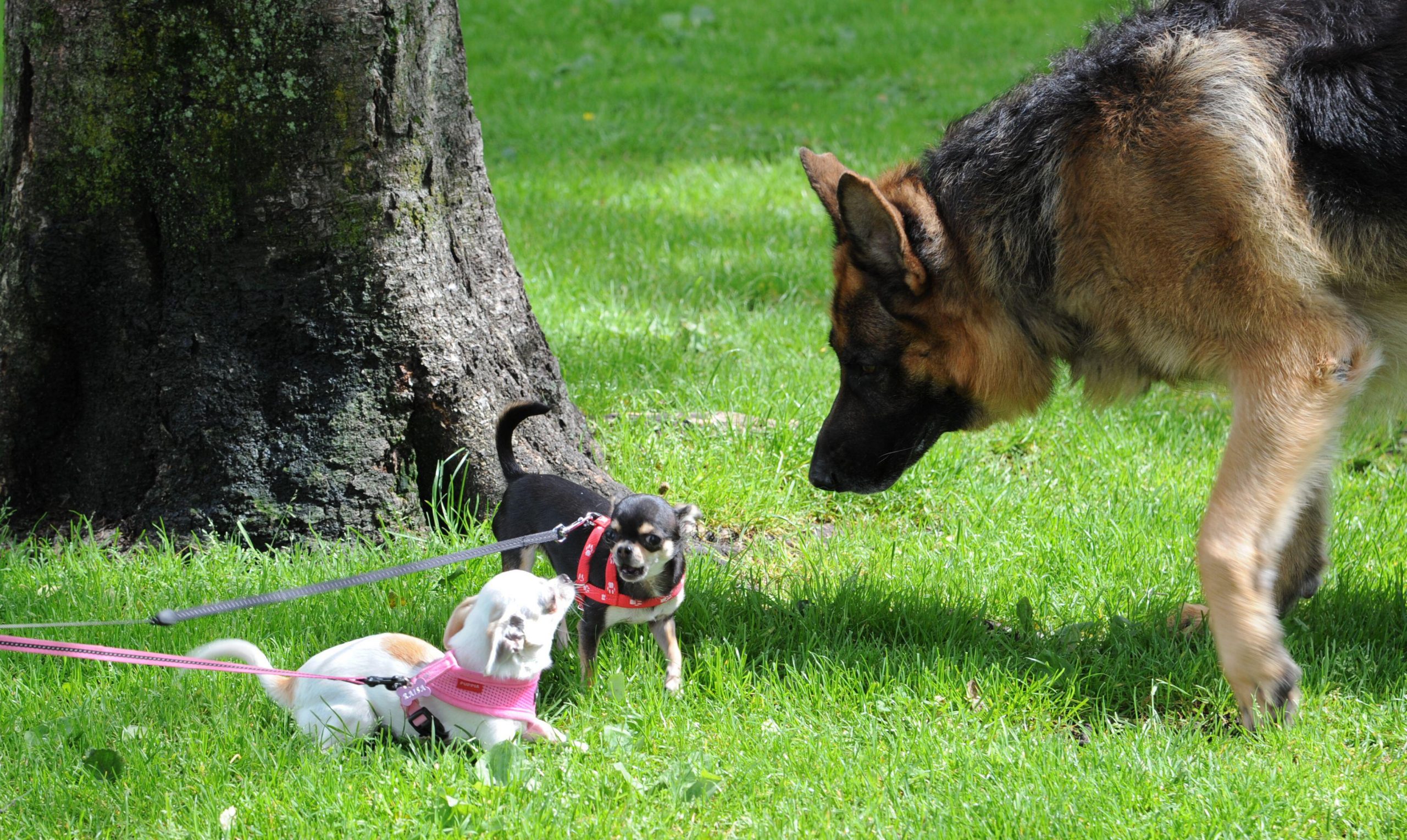

Our dogs are really no different from us. Most of us are placid, happy people, who get on well with everyone. But every now and then we meet someone whom we take a dislike to, who seems to press our buttons, who gets a reaction out of us or who generally rubs us up the wrong way.
This is the canine conundrum faced by E. A. from Cornwall, who recently wrote to us via our paws-for-thought@futurenet.com email address:
Dear Ben, my gentle-natured cocker spaniel is usually really good around other dogs, but there are occasions when another dog annoys him and he can get quite defensive and aggressive, and sometimes snap or growl at the other dog. What can I do to stop this?
Honestly, this is just life, and it’s not something I overly worry about with my own dogs. Sometimes dog owners do occasionally raise this as an issue with me, and when they do it usually relates to a particular dog that they meet when they take their dog for his or her daily two-mile walk around the park.
Their dog is usually fine with every other dog it comes across — right up until it runs into one that it doesn’t. It might be a yappy terrier, a dog so large that it looks like it needs a saddle rather than a lead, or a bumptious, boisterous, bouncy type that seems to upset other peoples’ dogs with his in-your-face demeanour. It’s disconcerting if your dog starts to worry or become reactive around certain other dogs — and above all, you also don’t want to compound this issue in any way, or let it get worse to the point where it escalates into a dog fight.

That can be upsetting and dangerous for all concerned, but please don’t worry. I’ve been perfecting my BG (Beggarbush) foundation methods for nearly 20 years — you can learn more via @beggarbush on Instagram and my dog-training app (this link will let you get a free trial) — and I can reassure you now that there are lots of measures we can take to fix this.
Ben’s five tips for helping a reactive dog to avoid conflict with another dog:
1. If your dog has an issue with a particular dog, try to talk to its owner
The first thing you can do is talk to the dog’s owner and express your concerns. Sometimes, this can fall on deaf ears: criticising someone’s dog can be a bit like criticising their children. But you can word it super-carefully and say something like: ‘Hi, my young dog is in training and for some reason — I just don’t know why! — he’s reacting strongly to your dog. Could you tell me what time you usually walk yours? I can time things so that I walk mine at a different time and we can potentially avoid any issues.’
2. Take action as soon as you see the dog coming towards you
If you are out on a walk and you see this particular dog come bounding across the park towards you, a coming-together can’t be avoided, so you have to ensure that your dog trusts and knows that everything is going to be ok, and that it does not need to panic. If your dog is off the lead, calmly recall him to you, put him on the lead and ask him to walk to heel next to you.
Sign up for the Country Life Newsletter
Exquisite houses, the beauty of Nature, and how to get the most from your life, straight to your inbox.
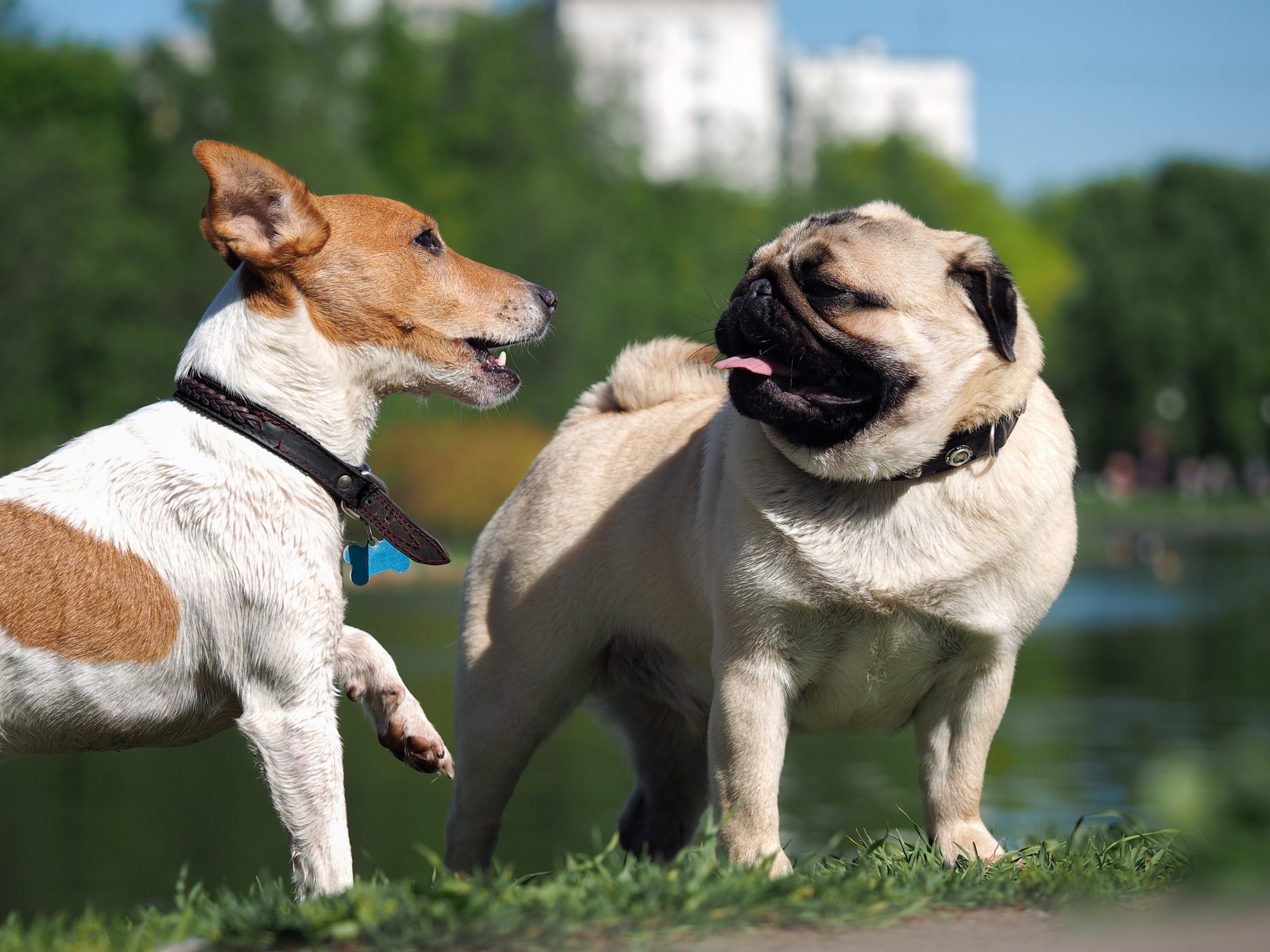
3. Make sure you reassure your dog that he has nothing to fear
If your dog starts to react in any way — even though you are doing everything to keep these two dogs apart — make sure you stay super confident and calm and that your body language shows that you are in control of the situation. Quietly and firmly say the ‘leave’ command to your dog, and move away from the area.
4. Quickly turn your dog around and walk off in the opposite direction
If you can see that the other dog is still romping off the lead towards you at a rapid rate of knots, and your dog is on the lead, there is not a lot more you can do to deter the other animal from comin up. So the same advice applies as in point three: calmly say the ‘leave’ command, then the ‘heel’ command, then turn around and walk quickly in the opposite direction.
At the same time, stroke or touch your dog’s head to reassure him that everything is ok. Basically, you need to get yourself out of that area and hope that the other dog will go away. In future, try to take a different route so that you can avoid the problem in the first place.
5. Stay one step ahead by reading other dogs’ behaviour, as well as your own
It’s good to confront these things and try to nip them in the bud: keep an eye out for trouble before it even arrives, and you may be able to avoid situations in the first place. But I appreciate that it is really hard, especially if the other owner constantly allows their dog the freedom to run off the lead and bully or irritate other dogs. Don’t worry about them, though: focus on controlling the things you can control: reassure your dog that all is fine, avoid confronting the other dog if at all possible, and if not then only do so while remaining calm and in control. Then, just walk him away from the situation, and everything should be absolutely fine.
For more detailed advice about Ben Randall’s positive, reward-based and proven BG training methods, one-to-one training sessions, residential training or five-star dog-boarding at his BGHQ in Herefordshire, telephone 01531 670960 or visit www.ledburylodgekennels.co.uk. For a free seven-day trial of the Gundog app, which costs £24.99 a month or £249.99 a year, visit www.gundog.app/trial.

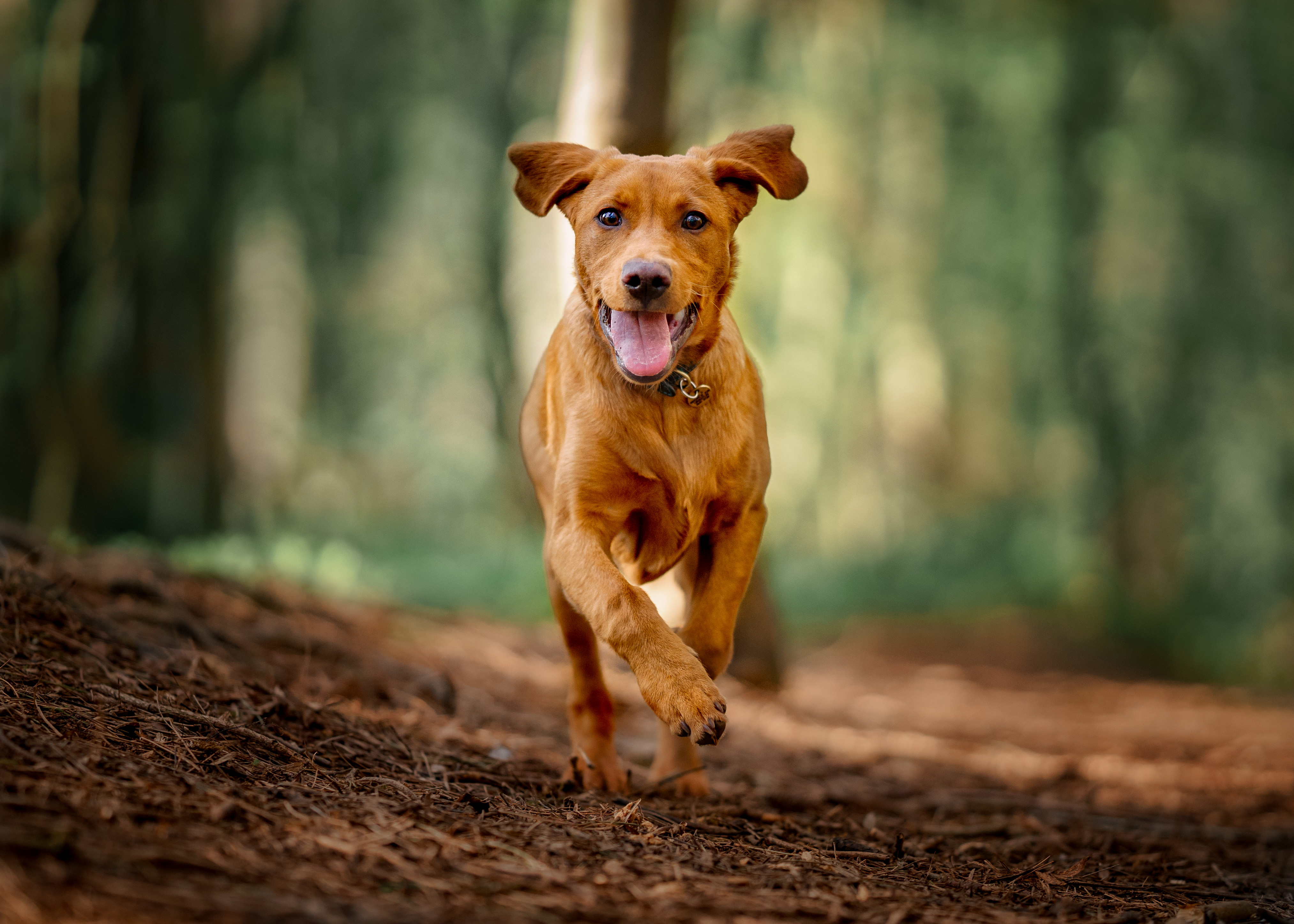
Credit: Getty Images
Dog recall training: Six tips from champion dog trainer Ben Randall
Training your dog is not easy — and with the huge recent rise in dog ownership, it's never been a better
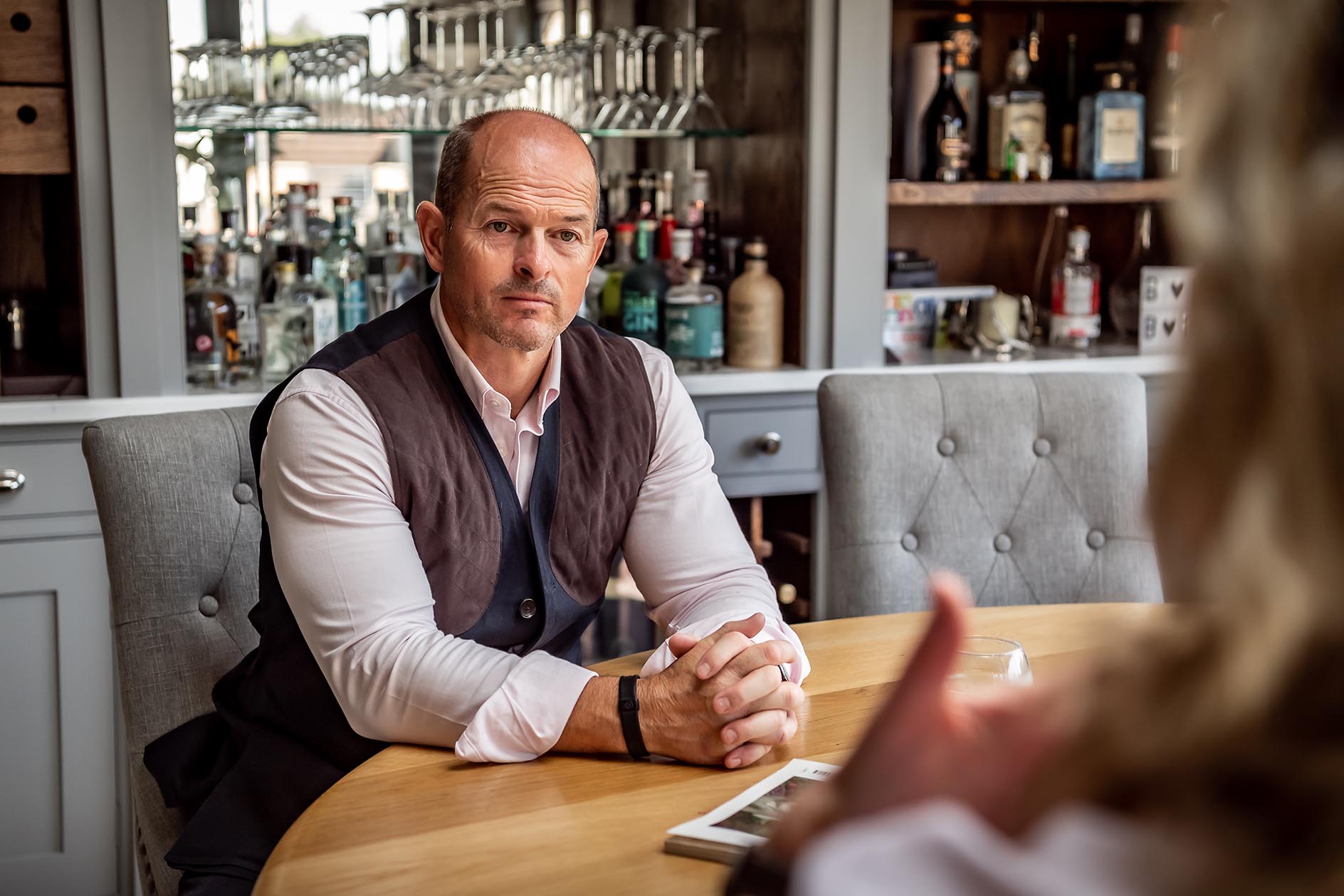
Ben Randall: Ask Country Life's canine agony uncle a question about your dog
Over the past two years our award-winning dog trainer Ben Randall has been sharing his advice with Country Life readers.
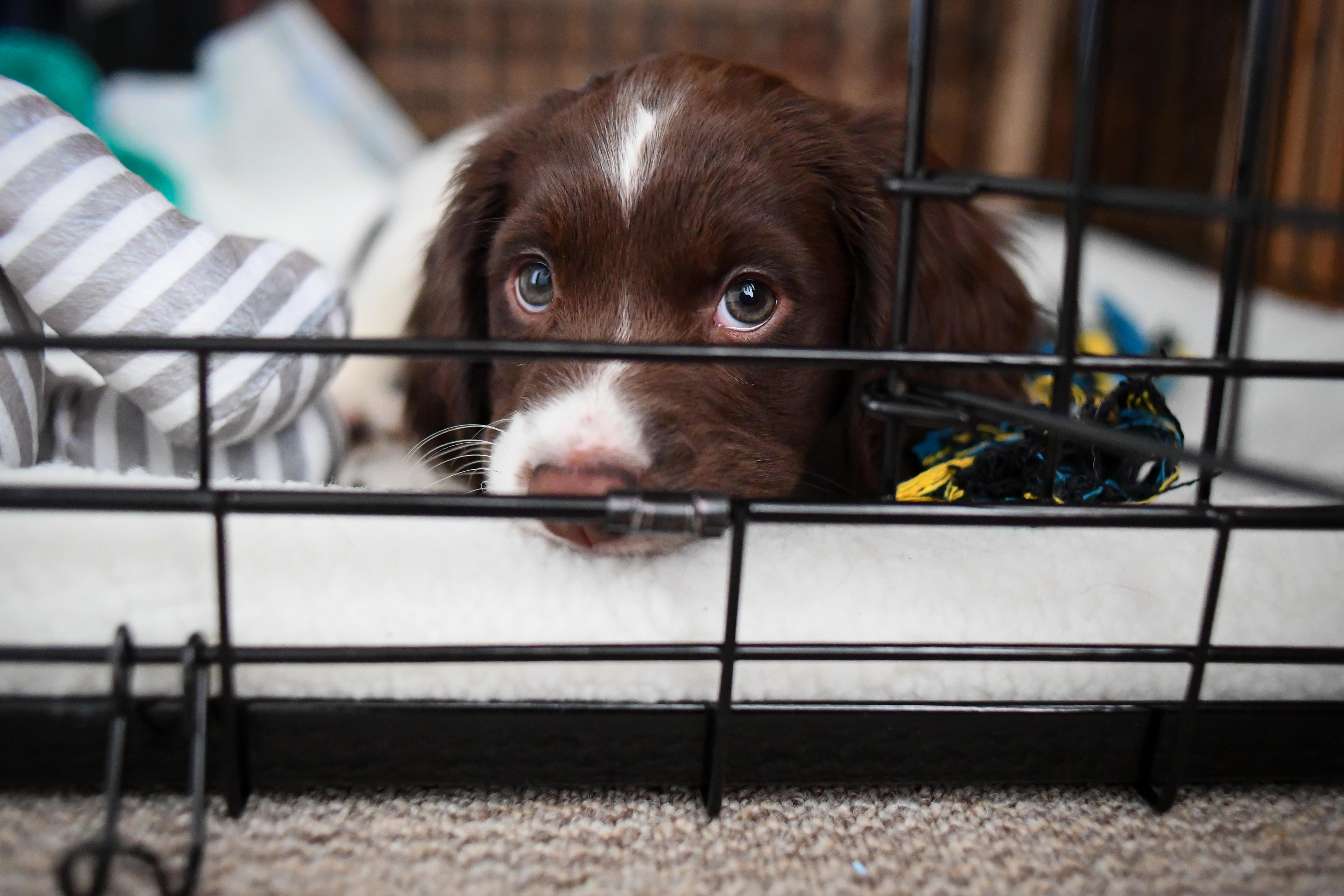
Credit: Alamy
How to stop your puppy crying at night, by dog training expert Ben Randall
The heartbreaking whimper of a puppy calling for you will tug on the heartstrings like few other things, but you
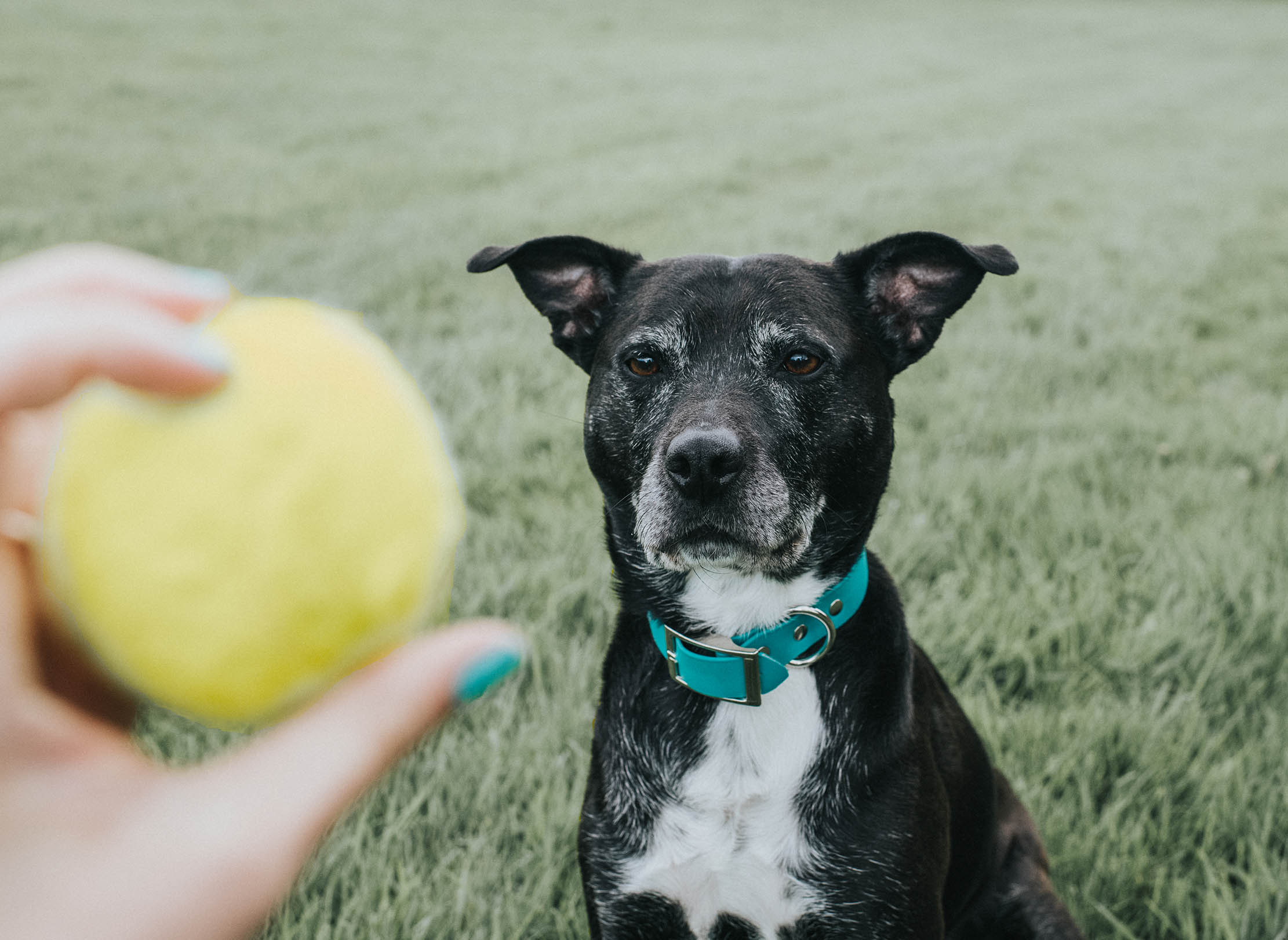
How to get your dog to play fetch, by expert trainer Ben Randall
There are plenty of dogs who'll run all day playing fetch, or who'll do anything for a bit of kibble.
-
 Two quick and easy seasonal asparagus recipes to try this Easter Weekend
Two quick and easy seasonal asparagus recipes to try this Easter WeekendAsparagus has royal roots — it was once a favourite of Madame de Pompadour.
By Melanie Johnson
-
 Sip tea and laugh at your neighbours in this seaside Norfolk home with a watchtower
Sip tea and laugh at your neighbours in this seaside Norfolk home with a watchtowerOn Cliff Hill in Gorleston, one home is taller than all the others. It could be yours.
By James Fisher